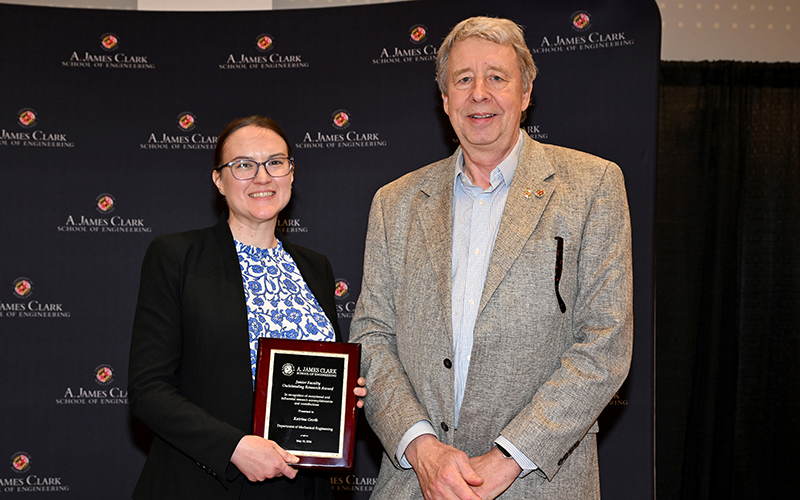The award recognizes high quality research with promise for significant and lasting impact in a discipline of engineering. The award is given for specific recent contributions published by the nominee within five years of the date of nomination, not for cumulative research contributions over a more extended period. (In the event of a series of publications on the subject of the award, the five-year interval starts on the date the first publication in the series.)
The following are examples of indicators of such quality and impact.
- Independent confirmation of the importance and influence of the nominee’s research by leading authorities outside the university.
- The quality of journals in which the nominee has published, as measured by their impact factors or equivalent indicators.
- Award-winning scholarly papers and books.
- Prestigious awards and prizes by professional societies.
- Quantity (appropriately normalized) and quality of citations to the nominee’s publications.
- Significant inventions and discoveries that have impacted the state of the art in a field.
- Placement of Ph.D. students in prestigious academic institutions and research organizations.
- Impact on society through translation of their research
- Enhancement of diversity and inclusion in their field and the Clark School through their research
The standard for receiving this award is high. The awardee’s record should be sufficiently strong to demonstrate to the selection committee that s/he satisfies a combination of the above-mentioned, or equivalent, indicators. If there are no nominations that meet these expectations, the selection committee will not forward a recommendation for the award this year.

